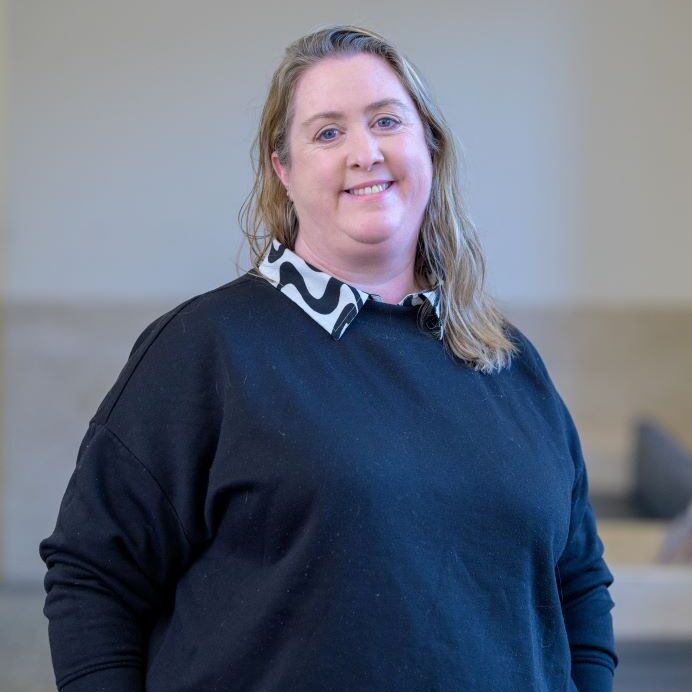
Annie McCormack,Development Officer, Taking Action on Rural Poverty,The Poverty Alliance
“It’s helped me feel less isolated and alone... and removed an element of shame”
The powerful voices of people with lived experience of life on low incomes have always been at the heart of the Poverty Alliance’s work.
During Challenge Poverty Week I heard from people in Aberdeenshire about how using that voice can be good for their mental health, as well as for making change.
I was attending the Lived Experience Conference, held this year in Peterhead and organised by the Tackling Poverty and Inequality (TPI) team at Aberdeenshire Council. It showcased the work being done across the region to ensure that people’s experiences are driving strategy and policy, and making change work for those who need it most.
Four speakers began the conference, covering some of the ways lived experience voices are co-designing work. I spoke about Poverty Alliance’s Taking Action on Rural Poverty project in Aberdeenshire. I focused on our learning and the priorities that the citizens’ panel has developed. The Aberdeenshire Unjust Cost of Living Rurally panel meets monthly and has developed priorities around transport, access to healthcare, food costs and energy costs. They have shared their experiences and met with organisations from across Scotland who are working towards solutions in these areas – solutions that will mean people living on a low income in rural areas no longer bear the brunt of that double whammy of additional costs.
Matthew Smart gave an insightful overview of the Shaping Places for Wellbeing project focused on Fraserburgh, and the value in working closely with Community Champions. Jen Macrae who leads on the Cash First project for Aberdeenshire shared her approach to working with a panel of lived experience, and how they are crucial in naming not only the barriers to accessing support and advice in Aberdeenshire but also in developing solutions. Agnese Carter also spoke about the Local Voices Forum, made up of parents from across Aberdeenshire who share their experiences on a variety of issues and as a result affect change on policies, projects and strategy across the TP&I team. Agnese shared an impactful film made by the forum members who spoke about the ways the forum has empowered them. “It’s helped me feel less isolated and alone... and removed an element of shame” “It’s opened my eyes; experience goes a long way in making decisions”
Workshops followed these presentations and allowed more time for people to share their own experiences. Issues that came up throughout the workshops echoed those that our own panel has discussed: energy costs, food costs and transport costs and implications for accessing healthcare.
We moved on to think about what kind of work addresses these issues and although a few talked about statutory and local government work, most homed in on local community led initiatives like Buchan Dial A bus, Mearns and Coastal network, Homestart, The Living Room in Stonehaven, Pillar, Maud Village Resource Centre, Scarf, Cfine’s Connecting Communities, Marr Area Log Bank. Many of these projects do in fact get funding from the TP&I team and other local and national government funds but are developed and delivered with and by the people who need and use them. The log banks – think foodbank, but for firewood – address issues of fuel insecurity and not being on mains gas. The Living Room is a welcoming space that is built in support by stealth, a safe space that offers nutritious food. Connecting Communities provides a mobile food pantry universally accessible and goes to rural areas in Aberdeenshire. All address the stigma that often prevents people accessing support and do so in different ways.
Finally, we addressed how attendees thought that effective change could happen. Some talked about policy decisions, high level decision makers being aware of what works, and what the needs are. Unsurprisingly, given the nature of the event, many addressed the value of involving people who need the change and ensuring those best placed to deliver the change are resourced to do it. Consistency of support, communication and effective partnership working, and a move away from relying on the Third Sector. That last point was interesting, as it seemed many third sector community based groups feel that although they may be best placed to deliver projects, and understand the need best, they do it on a shoestring and with little ability to push their work from action to policy, and a similar frustration from more statutory roles who feel unable to move from policy to action.
So, what next? Amanda Roe, chair of the Tackling Poverty and Inequality Strategic Partnership made a commitment to show action at the next event, to present on what had been done to make change for people on low incomes across Aberdeenshire, to move from the planning and strategy space into the action space. To make change happen.
Results from building in lived experience of poverty are varied and valuable, including removing isolation and shame from people affected by poverty's structural nature. For change to be effective for the people who need it the most, they must be at the heart of that change.

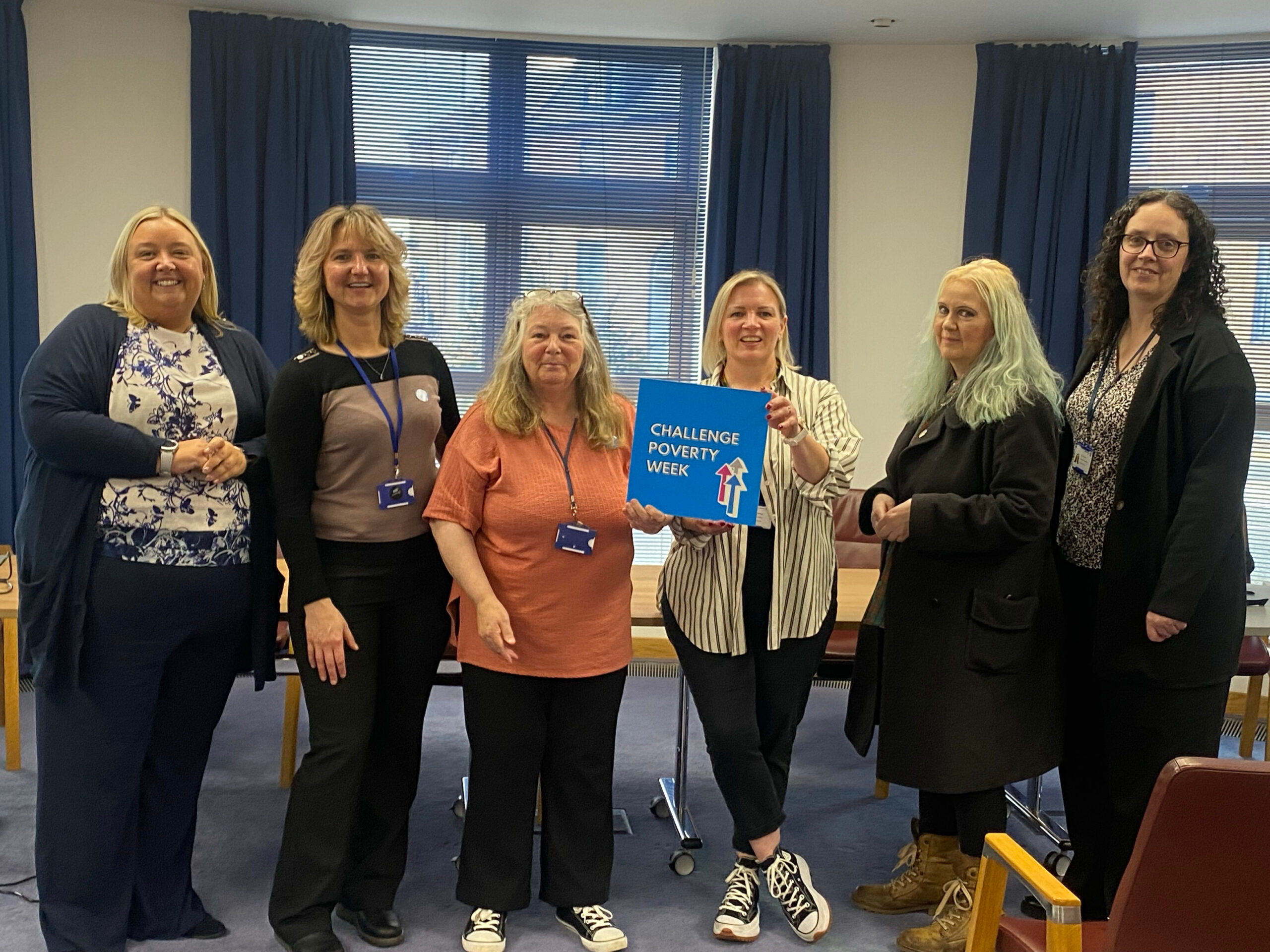
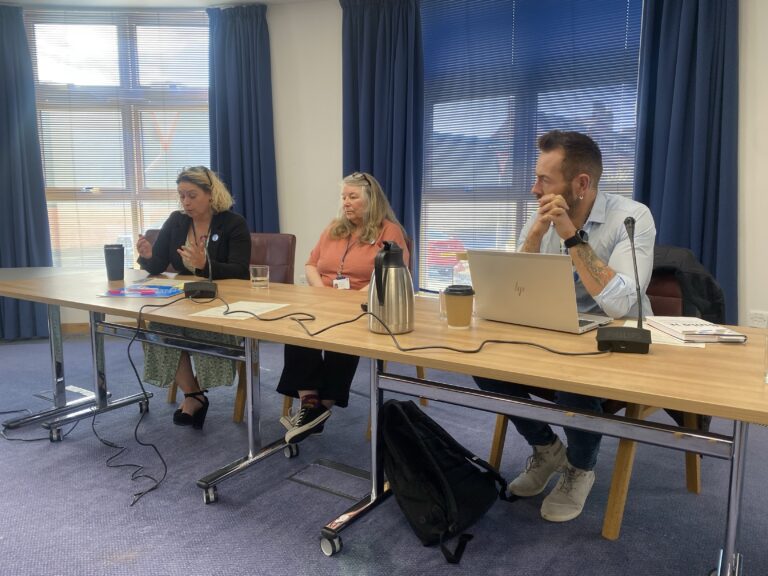
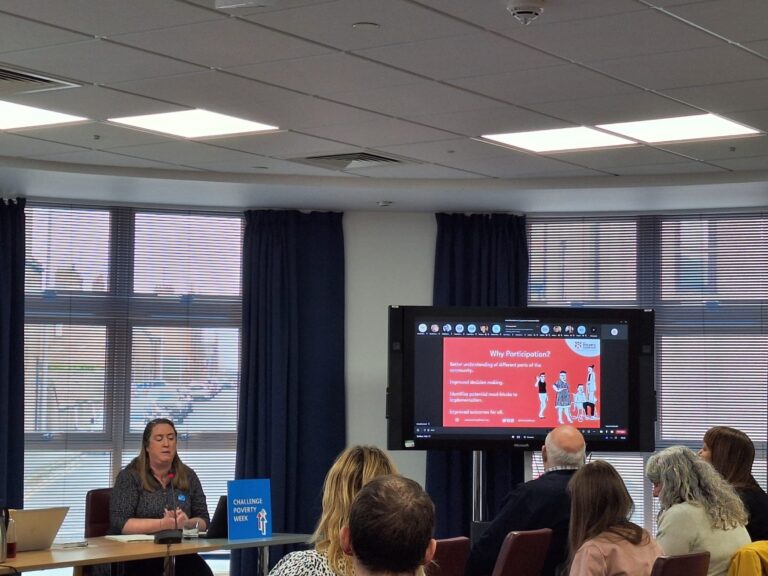
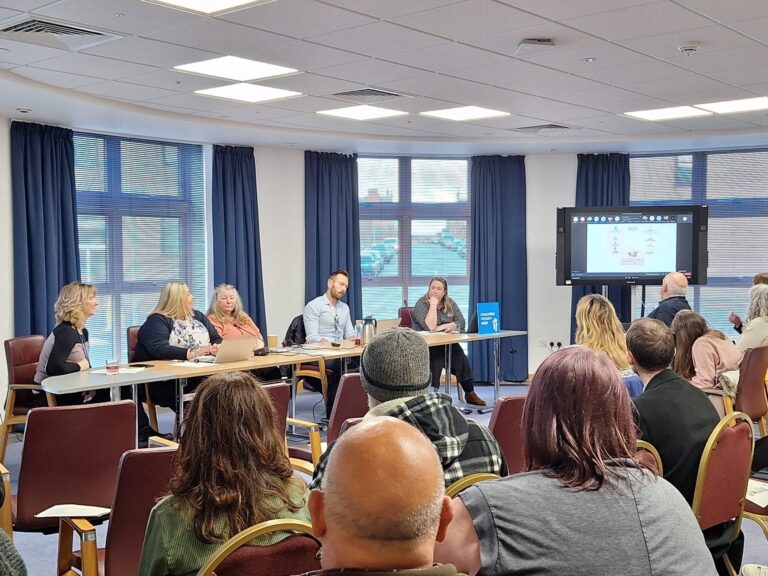
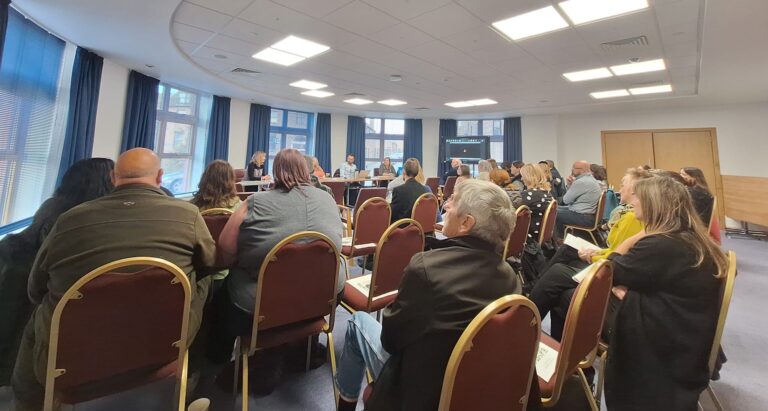
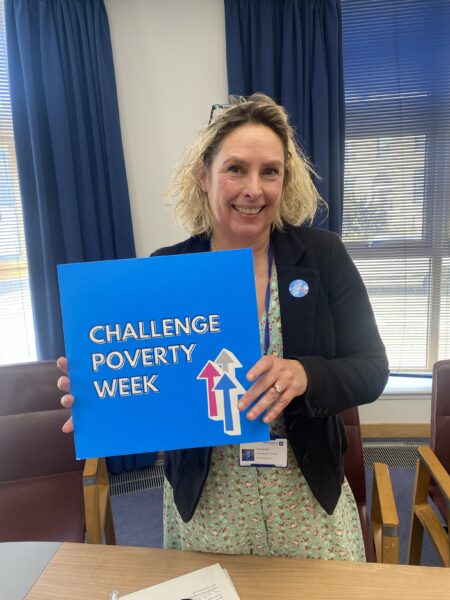
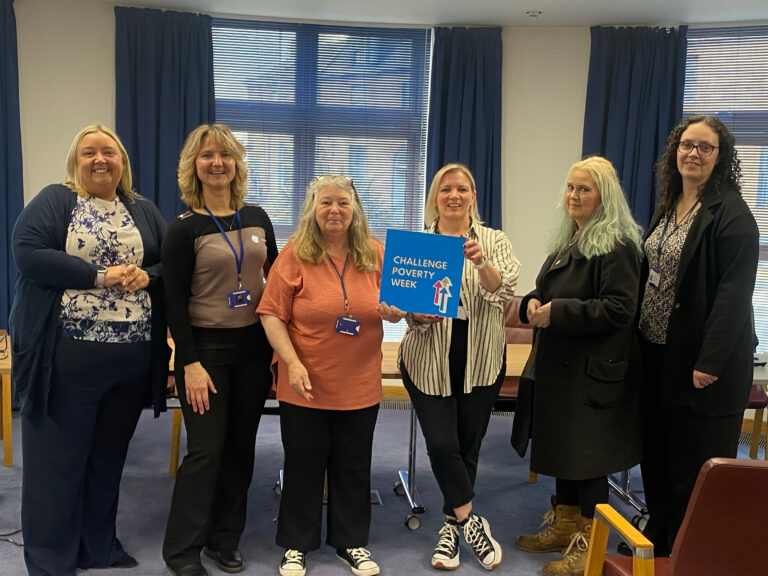
Enter your email address to receive regular e-updates about our work. If at any time you want to stop receiving these, simply contact us. We’ll keep your details safe and won’t share them with any other organisations for their marketing purposes. For full details see our Privacy Policy.